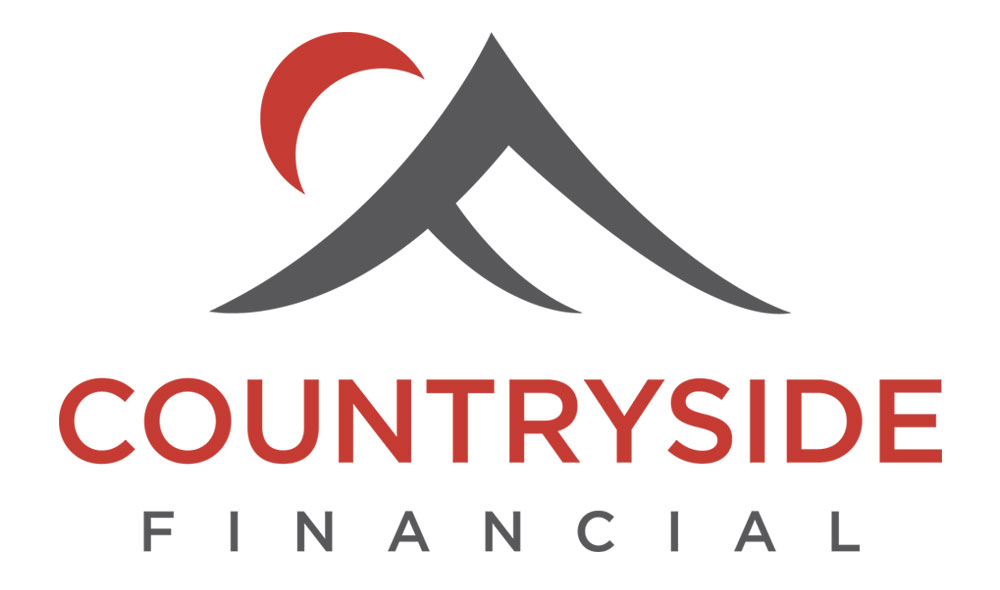What Should We Expect In 2021?
2020 will be remembered as a year like no other. What should we expect as we close out 2020 and move into 2021?
Housing: Canada’s housing market continued to gain momentum and defy all expectations in 2020, despite the ongoing pandemic. Housing prices were expected to fall by anywhere between 9%-18% (CMHC), even up to 30% by some economists, by all accounts a housing crash was looming. Yikes! But it didn’t happen … mostly because there was a major financial support available at the time – mortgage deferrals. However, mortgage deferrals expired over the summer/early fall for most borrowers. During this second- wave carrying us into 2021, we still have the Canada Recovery Benefit and the Enhanced EI to help us pay for homeownership costs if necessary. But with new COVID-19 surges, continued record unemployment and the potential of renewed lockdowns, without another round of mortgage deferrals or additional supports for mortgage costs, some Canadians may find themselves in arrears and/or needing to sell in 2021.
Increased Examination Of Mortgage Borrowers: Securing a mortgage in a COVID-19 economy has already proven to be much more difficult. Lenders are exercising increased examinations on every application they underwrite. Lenders are being much more cautious about who they lend to, income they’ll accept, credit & debt expectations, and often requiring more onerous documentation to substantiate an overall application. A common complaint about applying for a mortgage is that it is very exhaustive collecting the documents, oh don’t I know it! Moving into 2021, you can expect continued requests for supporting documents so be ready, prepared and organized.
Low Interest Rates: Housing demand has been driven by all-time-low-interest rates giving Canadians access to cheap mortgage costs. The cost to borrow money for a mortgage has never been lower and according to the Bank of Canada and most economists, we can expect rates to stay low for sometime. Note as of this writing (mid-Nov) the bond rate has been increasing since the US election and fixed rate increases are a possibility! However by all accounts, interest rates are going to be low for a long time.
Consumer Debt: Ongoing low rates contribute to rising consumer debt, which is a cause of worry. Canadian overall mortgage debt reached $1.71 trillion in September, a 5.67% annual increase. Overall consumer debt increased 2.8% to $1.99 trillion. The country may see a rise in delinquencies and insolvencies into 2021 if consumers don’t adequately manage their finances.
Candace Perko
Mortgage Broker
Countryside Financial
www.countrysidefinancial.ca























